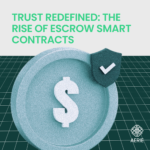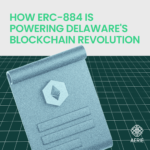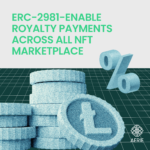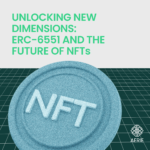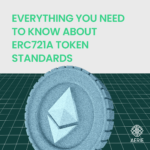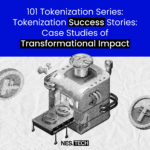The Future Of Decentralized Physical Infrastructure Network (DePIN)
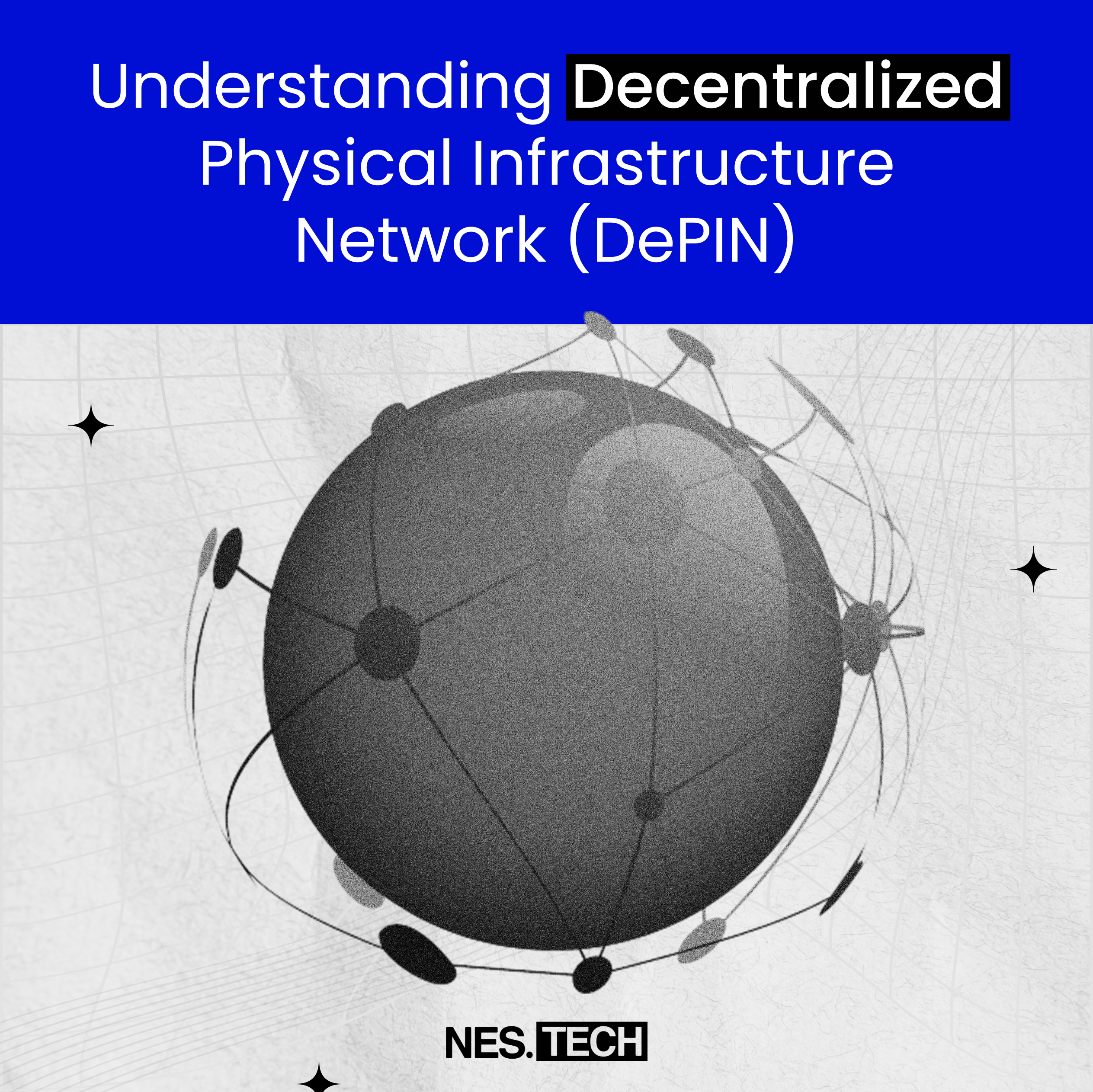
In the ever-evolving landscape of blockchain technology, a groundbreaking concept has emerged to redefine the development of physical infrastructure in the real world — DePIN. Short for “Decentralized Physical Infrastructure Network,” DePIN leverages token rewards to incentivize the establishment and growth of critical elements such as wireless networks, cloud services, mobility networks, and power grids. This innovative approach challenges the traditional dominance of large corporations with substantial capital in these sectors.
Introduction: Decentralizing the Physical Realm
The traditional model of developing and maintaining physical infrastructure has often been marked by centralized control, with major corporations wielding significant influence. DePIN seeks to disrupt this paradigm by introducing decentralization and tokenization, offering a more inclusive and community-driven approach to building and sustaining essential networks.
Understanding DePIN: How Token Rewards Drive Infrastructure Growth
At its core, DePIN relies on the principles of decentralized finance (DeFi) and tokenomics to create a self-sustaining ecosystem. Token rewards become the catalyst for individuals and communities to actively participate in the establishment and enhancement of various physical infrastructure components.
1. Wireless Networks: Bridging the Connectivity Divide
In the realm of wireless networks, DePIN envisions a decentralized approach to bridge the connectivity gap. Individuals contributing to the expansion of wireless coverage, whether by hosting nodes or enhancing network security, earn token rewards. This not only promotes the growth of a robust and expansive wireless network but also empowers local communities to shape their digital connectivity landscape.
Example: Imagine a small town leveraging DePIN to establish a community-driven wireless network, providing reliable internet access to all residents. Contributors earn tokens, fostering a sense of ownership and collaboration.
2. Cloud Services: Democratizing Data Storage and Processing
Cloud services have traditionally been the stronghold of tech giants. DePIN disrupts this monopoly by encouraging individuals to allocate unused computing resources to a decentralized cloud network. Token rewards serve as an incentive for participants, fostering a distributed and secure cloud infrastructure.
Example: An individual with spare computing power contributes to the DePIN cloud network. In return, they receive tokens, creating a more democratized cloud service accessible to a wider range of users.
3. Mobility Networks: Paving the Way for Decentralized Transportation
Mobility networks, including ride-sharing and decentralized transportation solutions, become a focal point for DePIN. Token rewards entice individuals to contribute to the development of sustainable and community-driven mobility options, reducing reliance on centralized transportation services.
Example: A group of enthusiasts collaborates through DePIN to create a decentralized ride-sharing platform. Participants earn tokens for providing rides or maintaining the platform, fostering a peer-to-peer mobility network.
4. Power Grids: Empowering Sustainable Energy Solutions
In the energy sector, DePIN envisions a future where individuals actively participate in the generation and distribution of power through renewable sources. Token rewards incentivize the adoption of sustainable energy practices, fostering a decentralized power grid.
Example: A community embraces solar energy and uses DePIN to establish a decentralized power grid. Contributors who integrate solar panels into the network earn tokens, promoting eco-friendly energy solutions.
Challenges and Considerations: Navigating the Path Ahead
While the concept of DePIN brings immense potential, it’s crucial to acknowledge potential challenges and considerations. Regulatory hurdles, technological scalability, and community governance are among the factors that require thoughtful attention as the concept evolves.
The Road Ahead: Shaping the Future of Infrastructure with DePIN
As DePIN gains traction, its potential impact on the development of physical infrastructure is profound. By democratizing participation, decentralizing control, and leveraging token rewards, DePIN opens new avenues for individuals and communities to actively contribute to and benefit from critical infrastructure projects.
Conclusion: A Decentralized Future Beckons
In conclusion, DePIN represents a paradigm shift in how we conceive, develop, and maintain physical infrastructure. By placing the power in the hands of the many rather than the few, DePIN charts a course toward a more inclusive, sustainable, and decentralized future. As the concept continues to evolve, it holds the promise of reshaping the way we build and connect in the physical world.


